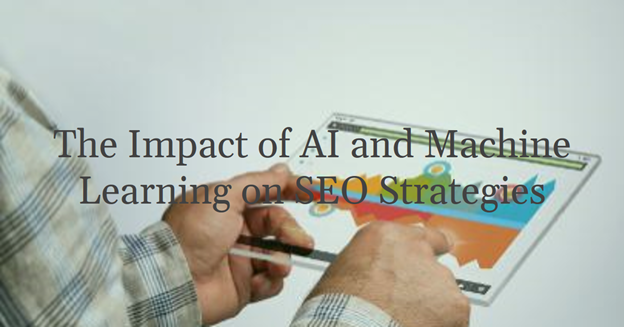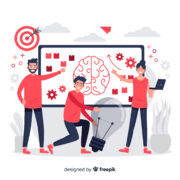The Impact of AI and Machine Learning on SEO Strategies in 2024
The landscape of Search Engine Optimization (SEO) is undergoing a transformative shift with the advent of Artificial Intelligence (AI) and Machine Learning (ML). These technologies are not just buzzwords; they are significantly altering how SEO professionals approach content creation, keyword strategy, and user experience.
This article aims to explore the depth and breadth of AI and ML’s impact on SEO strategies in 2024, providing insights into how businesses and digital marketers can adapt to these changes.
AI and ML have revolutionized various industries, and SEO is no exception. The integration of these technologies in search algorithms has led to more sophisticated and user-centric search results. As we delve deeper into this topic, we will uncover how AI and ML are reshaping SEO tactics and what this means for the future of digital marketing.
AI-Driven Content Creation and Optimization:
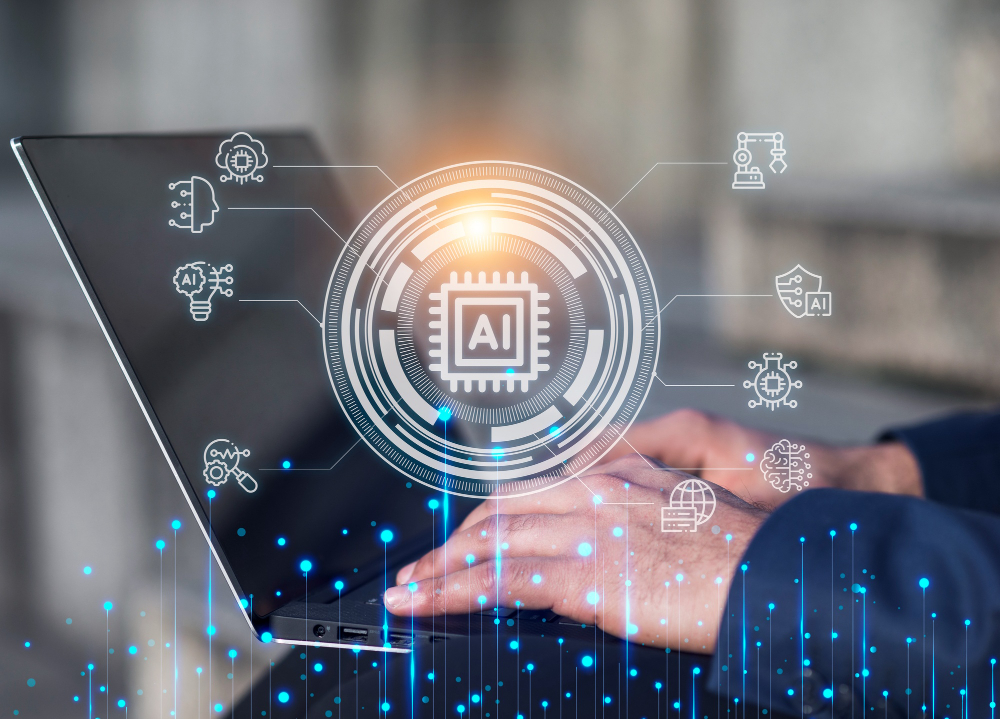
The Evolution of Content Creation with AI:
“AI’s role in content creation has grown exponentially. Tools powered by AI are now capable of generating content that is not only grammatically correct but also contextually relevant. These tools use natural language processing (NLP) to understand and mimic human language, making the content more relatable and engaging for readers. However, the use of AI in content creation is not just about generating text; it’s about creating content that aligns with user intent and search engine algorithms.” Says Chase Hughes, Founder of ProAI
Optimizing Content for AI-Driven Search Engines:
Search engines like Google are increasingly using AI to understand and rank content. This shift means that traditional keyword stuffing techniques are becoming obsolete. Instead, the focus is now on creating content that answers user queries effectively and provides value. AI tools can analyze top-ranking content and provide insights on the type of content that performs well, guiding SEO professionals in content optimization.
Machine Learning Algorithms and Search Engine Rankings:

Understanding Machine Learning in Search Algorithms:
“Machine learning, a subset of AI, plays a crucial role in how search engines rank websites. Algorithms like Google’s RankBrain use ML to interpret search queries and the relevance of web pages. These algorithms are constantly learning from user interactions, making search results more accurate and personalized. Understanding how these algorithms work and what they prioritize is key to developing effective SEO strategies.” Says Joel Slatis, CEO of Timesheets
Adapting SEO Strategies for Machine Learning Algorithms:
To adapt to these ML-driven algorithms, SEO professionals need to focus on user experience and relevance. This means creating content that genuinely addresses user needs, optimizing for mobile and voice search, and ensuring website technicalities like load speed and navigation are up to standard. It’s about creating a holistic experience that resonates with both the search engine algorithms and the end-users.
The Role of AI in Keyword Research and SEO Analytics:
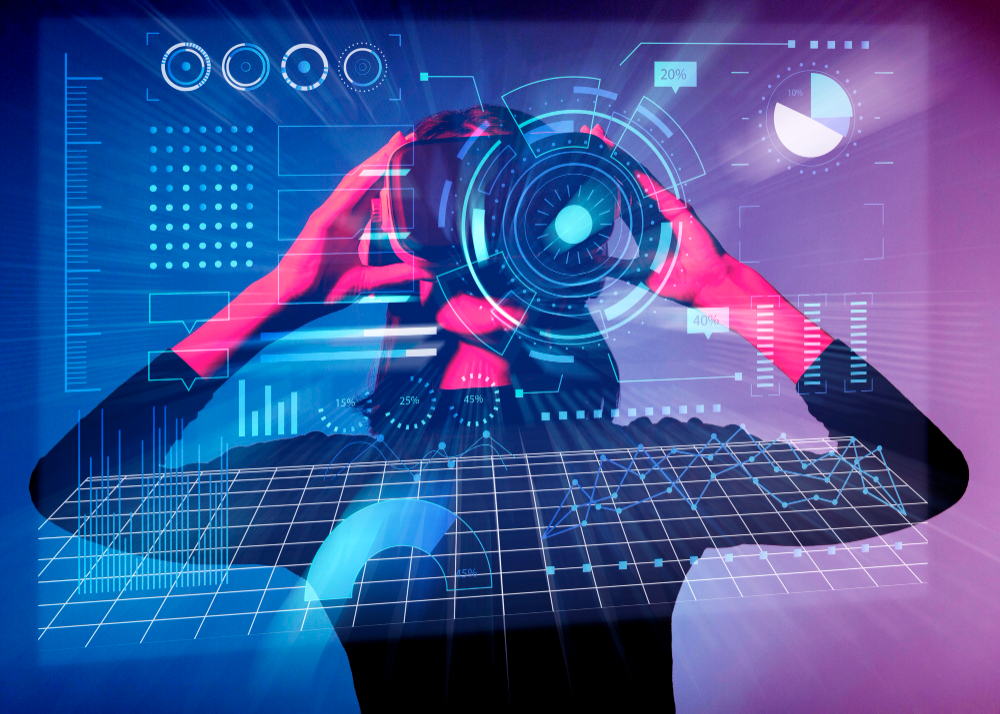
Revolutionizing Keyword Research with AI:
“AI has transformed the way SEO professionals conduct keyword research. Traditional methods of keyword research are being supplemented with AI tools that can predict search trends, analyze search intent, and identify long-tail keyword opportunities. These tools provide a more comprehensive understanding of how users are searching for content, allowing for more targeted and effective SEO strategies.” Says Cary Subel CEO of SafeSleeve
Enhancing SEO Analytics with Machine Learning:
Machine learning algorithms are capable of processing vast amounts of data to provide insights that were previously unattainable. In SEO analytics, ML can identify patterns and trends in user behavior, website performance, and even competitor analysis. This level of insight enables SEO professionals to make data-driven decisions, fine-tuning their strategies for better results.
Enhancing User Experience with AI and ML:
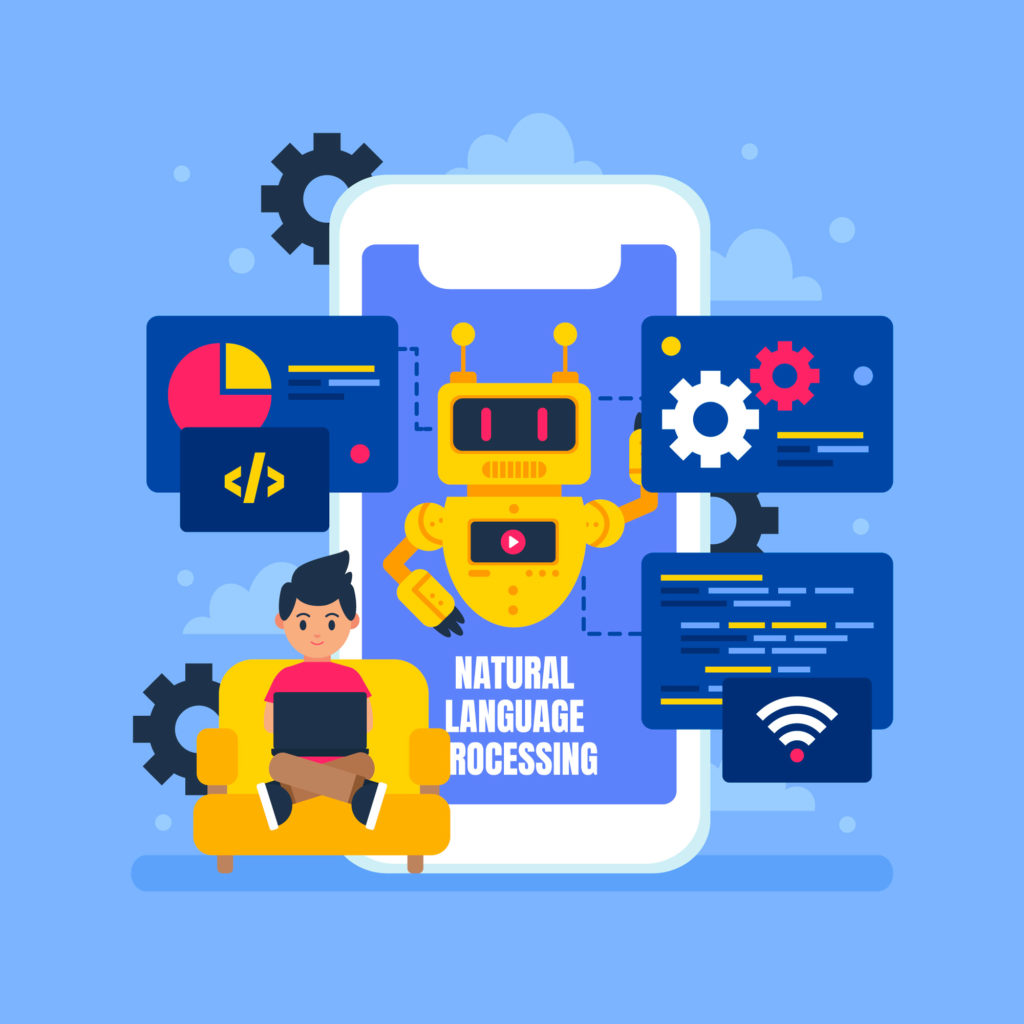
Personalization through AI:
“AI has the unique capability to personalize user experiences on websites. By analyzing user data, AI can tailor content, recommendations, and even search results to individual preferences. This level of personalization not only improves user engagement but also signals to search engines that a website is providing valuable, user-centric content. SEO strategies must now consider how to leverage AI for personalization to improve both user experience and search rankings.” Says Henry Allen, Digital Marketing Manager at Loyalty Lion
Improving Website Usability with Machine Learning Insights:
Machine learning can analyze user interaction data to identify patterns and preferences, providing insights into how website design and navigation can be optimized. By understanding what users are looking for and how they navigate a site, SEO professionals can make informed decisions to enhance the overall usability of the website. This not only improves user satisfaction but also contributes to better SEO performance, as search engines favor websites that offer a good user experience.
The Future of Voice Search and Visual Search in SEO:

Adapting to the Rise of Voice Search:
“With the increasing use of digital assistants, voice search is becoming more prevalent. This shift requires a change in SEO strategies, as voice search queries tend to be more conversational and longer than traditional text-based searches. AI and ML are crucial in understanding and optimizing for these natural language queries, ensuring that content is easily discoverable through voice search.” Says Stefan Kroesbergen, Founder and CEO of Getsby
Visual Search and Its Impact on SEO:
Visual search technology, powered by AI, allows users to search using images instead of text. This emerging trend presents new challenges and opportunities for SEO. Optimizing images, understanding image-based queries, and ensuring visual content is AI-friendly are becoming essential components of SEO strategies. As visual search technology evolves, staying ahead in this domain will be crucial for SEO success.
AI and ML in Link Building and Backlink Analysis
Revolutionizing Link Building Strategies with AI:
“AI can significantly enhance link-building efforts by identifying potential link opportunities, analyzing the quality of backlinks, and predicting the impact of these links on SEO performance. By automating and optimizing link-building processes, AI allows SEO professionals to focus on building meaningful and strategic connections.” Says Andy Fryer, Co-Founder of Easy Signs
Advanced Backlink Analysis with Machine Learning:
Machine learning algorithms can analyze backlink profiles, assessing the quality and relevance of each link. This analysis helps in identifying beneficial backlinks and potential harmful ones, allowing for more effective backlink management strategies. Understanding the evolving landscape of link building and backlink analysis through AI and ML is essential for modern SEO practices.
Ethical Considerations and Best Practices in AI-Driven SEO:
Navigating the Ethical Implications of AI in SEO:
“As AI becomes more integrated into SEO, ethical considerations must be addressed. This includes issues like data privacy, AI bias, and transparency in AI-driven content. SEO professionals must be aware of these ethical implications and strive to use AI in a way that is responsible and respectful of user privacy and trust.” Says Selda Kaplan, CEO & Co-Founder at TaxLeopard
Best Practices for Implementing AI and ML in SEO:
To effectively integrate AI and ML into SEO strategies, it’s important to follow best practices. This includes staying updated with the latest AI and ML developments, using AI tools ethically and responsibly, continuously testing and refining AI-driven strategies, and ensuring a balance between AI automation and human creativity and oversight.
Conclusion:
The integration of AI and Machine Learning into SEO strategies is not just a trend; it’s a fundamental shift in how we approach digital marketing. As we move further into 2024, the impact of these technologies on SEO is becoming increasingly evident. From content creation to user experience, voice and visual search, link building, and ethical considerations, AI and ML are reshaping the SEO landscape. For SEO professionals and businesses, the key to success lies in embracing these changes, continuously learning, and adapting strategies to leverage the power of AI and ML. By doing so, they can stay ahead in the competitive and ever-evolving world of search engine optimization.
